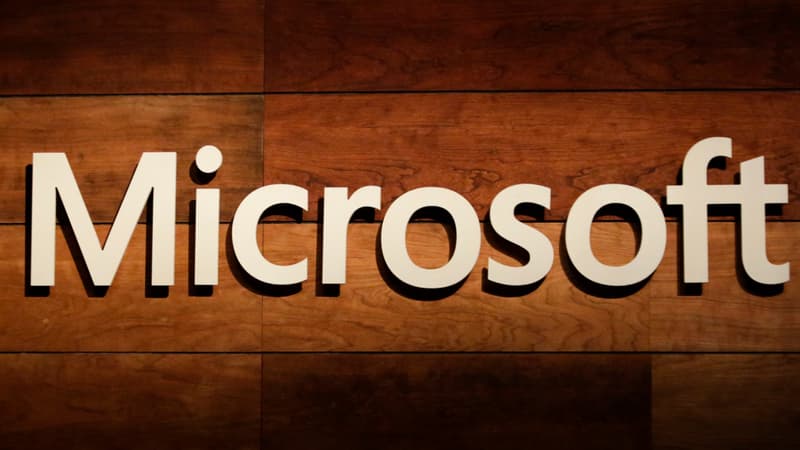After Chatgpt, another AI would be stronger than doctors for disease diagnosis. It is that of Microsoft, according to the group in a statement published on Monday, June 30. In this case, the company’s team shares research that demonstrates how AI can examine and solve “the most complex diagnostic problems of medicine, cases in which expert doctors fight to respond.”
In detail, the company has developed an AI-based tool and called Microsoft AI (May-Dxo) diagnostic Orchestator. This system is designed to imitate a virtual panel of doctors who collaborate to solve diagnostic cases. To prove its capabilities, Microsoft has fed its tool with 304 studies of the New England Journal of Medical (NEJM) Medical Journal.
The “path to the medical superintendent”
As part of this test, Mai-Dxo was associated with several AI models, including Openai GPT, Google’s goal or gemini. But it was with OPENAI’s O3 model that obtained the best result, solving 85.5% of the cases of the NEJM. A rate more than four times greater than that of a group of experienced doctors.
The Microsoft IA team has compared its results with those of 21 doctors with between 5 and 20 years of clinical experience, whose resolved case rate was 20%. But as the Financial Times specifies, the latter were not allowed to consult manuals or question their colleagues during the test, which could have increased their success rate.
For Microsoft, this test is the first step in the “road to the medical superintendent.” Or a system that would greatly exceed doctors. But the company is still far from that.
In fact, Microsoft wishes to obtain “convincing data of real clinical environments, as well as the appropriate governance and regulation frameworks to guarantee reliability, safety and efficiency.” That is why the company works with health organizations.
Source: BFM TV


